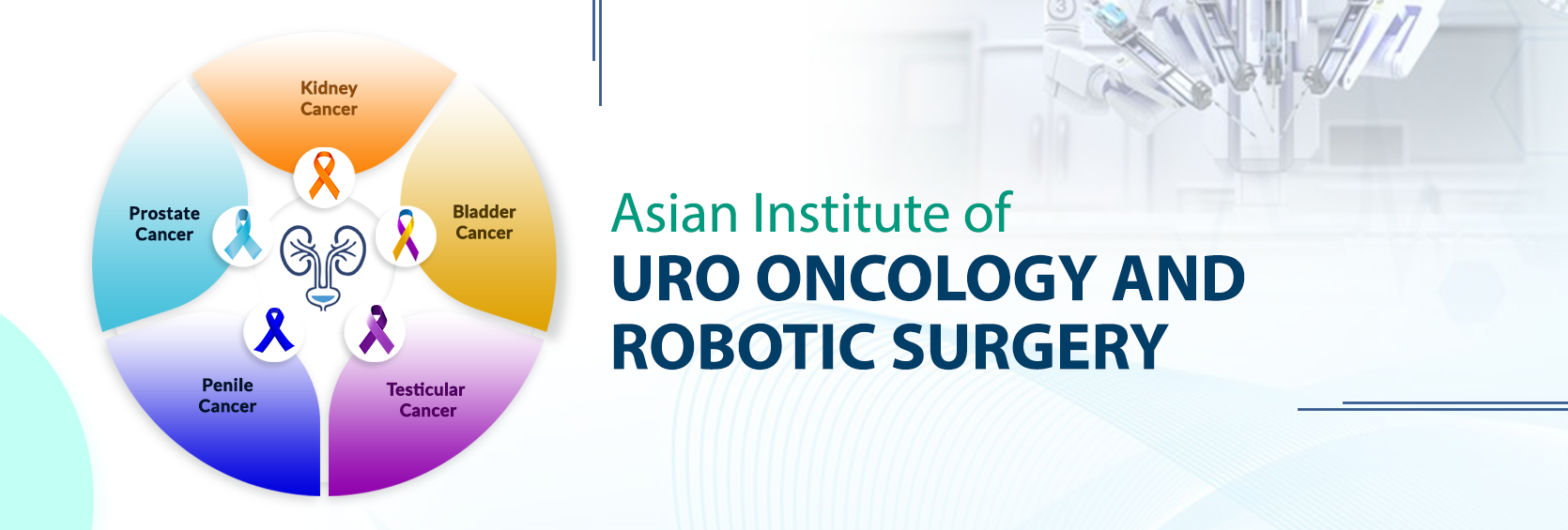Most of the testicular cancers arise from germ cells (Precursors of spermatozoa). These cancers are usually curable
Risk Factors:
- Age: It is most common cancer affecting young adults.
- Undescended testis: Development of testis occurs inside the adomen of fetus, later descend into the scrotum by birth. If the descent is hampered, then it is called Undescended testis, which increases the risk of testicular cancer.
- Personal history: Having testicular cancer in one testicle increases the likelihood of developing a cancer in the other testicle.
- family history of testis cancer in father or sibling
- Infertility increases the risk of testis cancer
Clinical features:
- Testicular enlargement or swelling without much pain
- In advanced stage- lump in the abdomen or neck swelling
Investigations:
- Ultrasound of testis- to diagnose tumor in the testis
- Testicular tumor markers: Serum alpha-fetoprotein (AFP), human chorionic gonadotropin (HCG or beta-HCG) and lactate dehydrogenase (LDH).
- Contrast CT abdomen and Chest- To look for cancer spread
Treatment:
- High Orchiectomy: Surgical removal of cancer affected testis via groin incision and microscopic examination to confirm the cancer type (Seminoma vs Nonseminoma). In early stages this procedure itself is curative.
- Chemotherapy: With the advent of chemotherapy drugs such as Bleomycin, Etoposide and Platin drugs (BEP regimen)- probability of cure improved. It is recommended to preserve the semen before chemo, if family is not completed.
- Retroperitoneal Lymph node dissection (RPLND): Usually testis cancer spreads to lymph nodes in the abdomen. Sometimes lymph nodal mass persists in spite of chemotherapy. Removal of such post chemo residual lymph nodes (especially Nonseminomas) is called RPLND. This procedure is technically challenging and being performed at highly specialized hospitals.
- Radiotherapy: rarely used for post chemo residual lymph nodes in seminoma.








